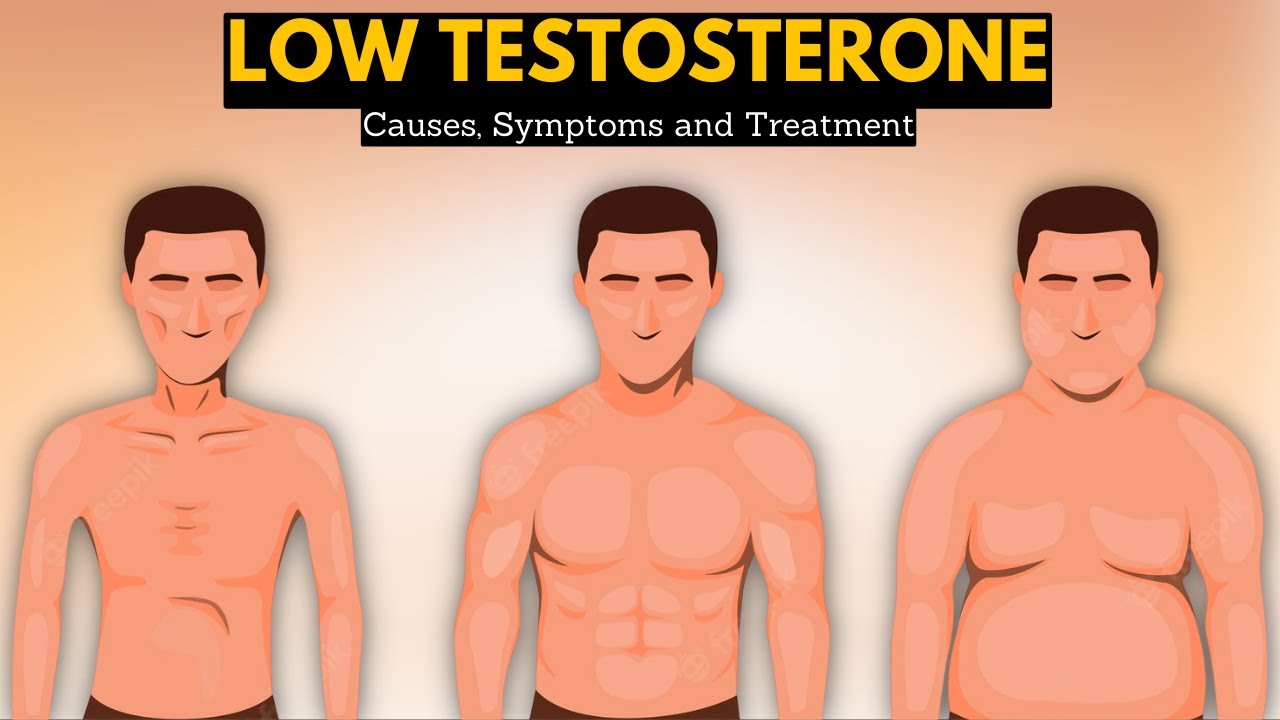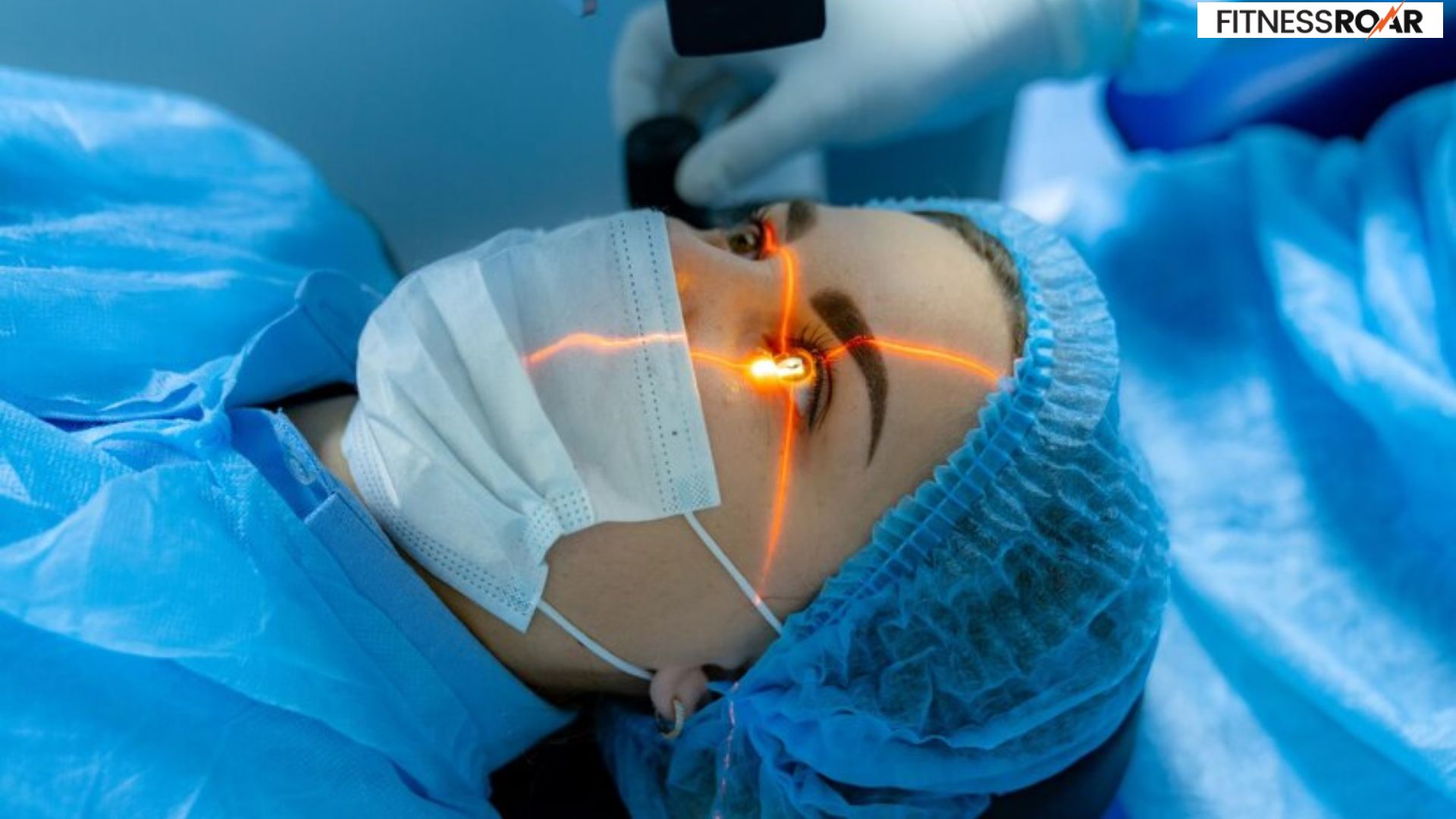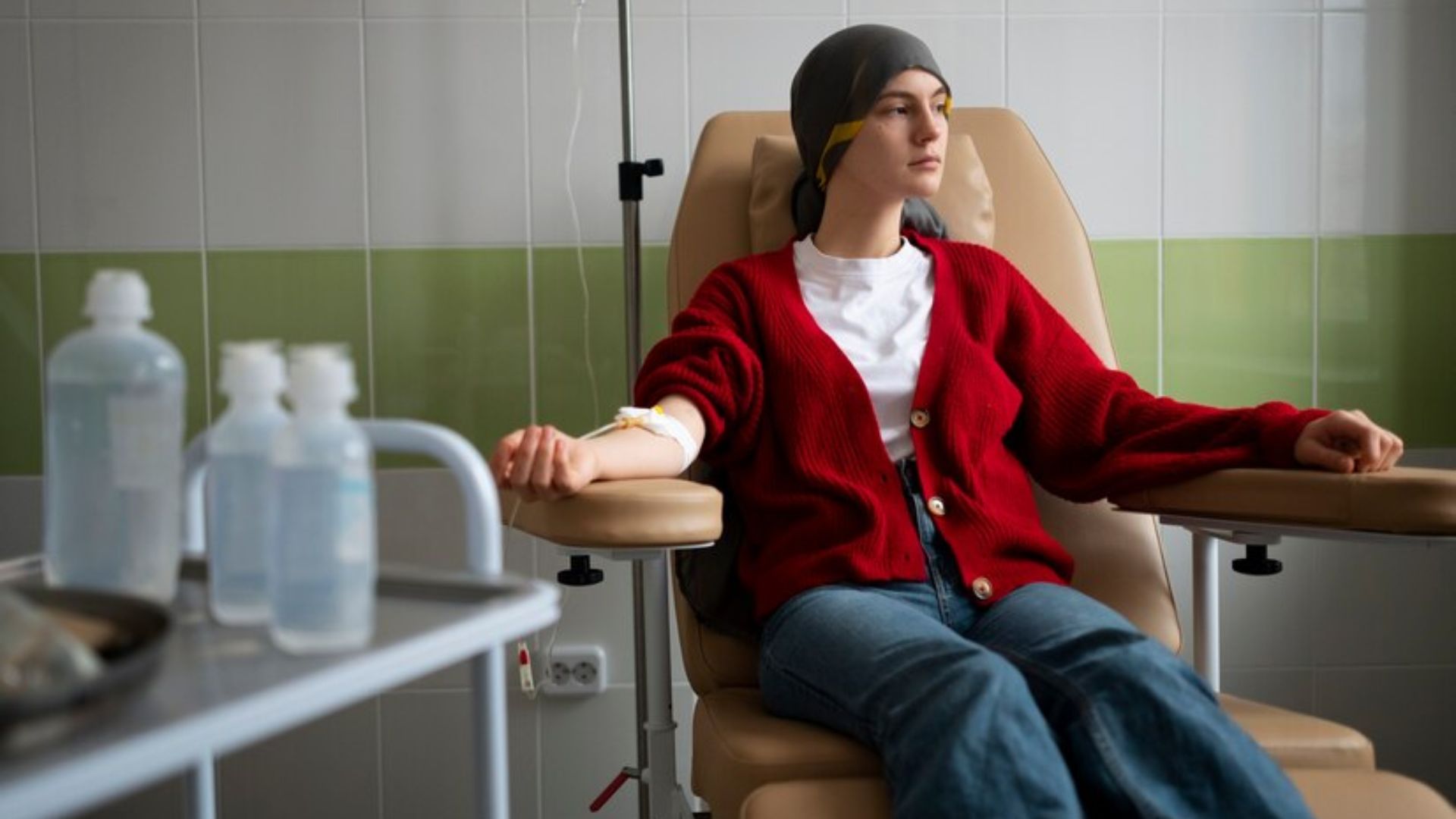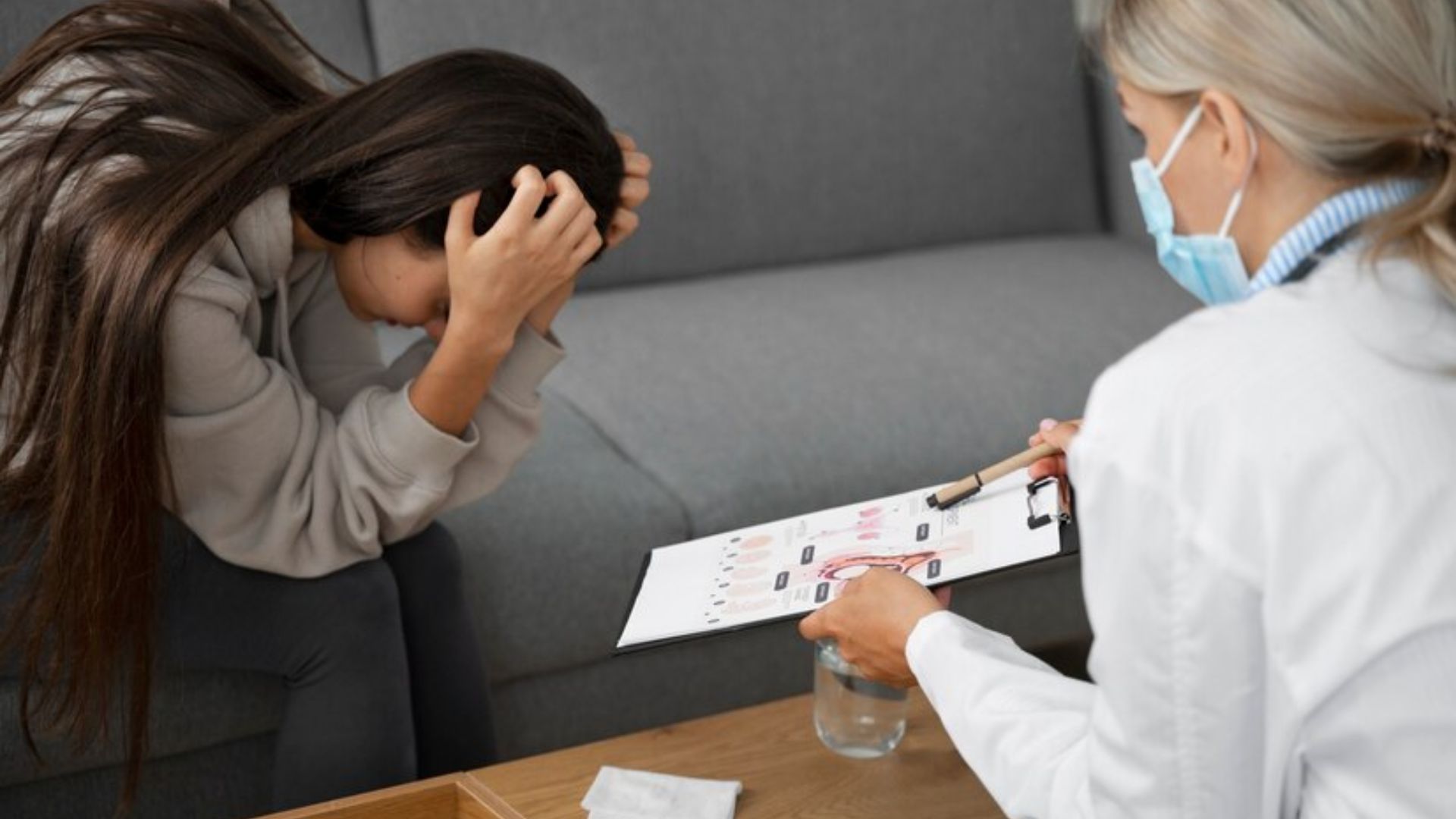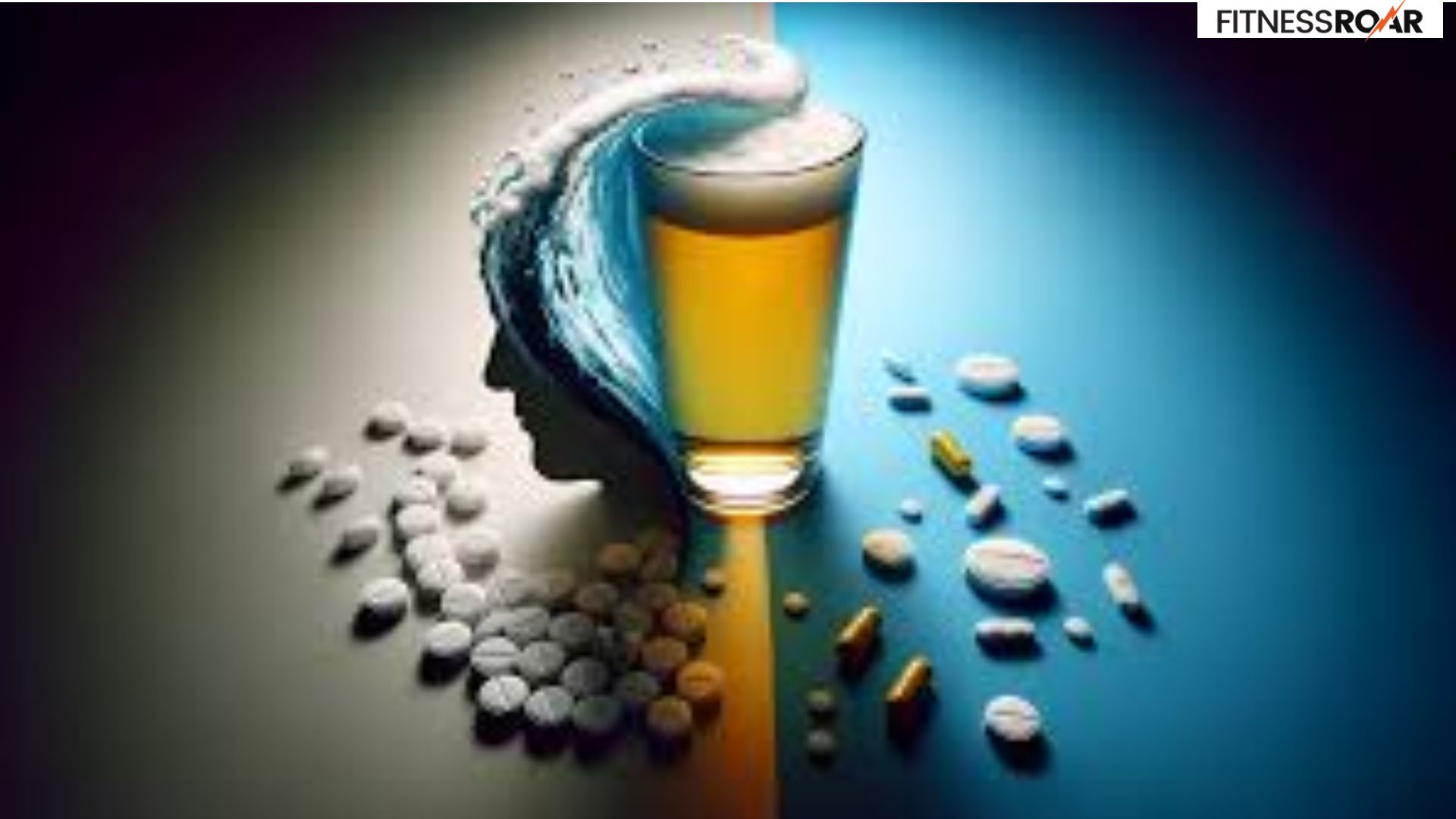Unlocking Low Testosterone: Causes & Cures

Testosterone, often simply referred to as “T”, is a crucial sex hormone found in both men and women, although at much higher levels in men. Produced primarily in the testicles, testosterone plays a vital role in male health, influencing everything from physical development to mental well-being. Let’s delve into why testosterone is considered the powerhouse hormone for men.
Symptoms and Signs of Low Testosterone
Testosterone levels naturally decline with age, but a significant drop can lead to a variety of symptoms impacting both physical and emotional health. Here’s a breakdown of common signs to watch for:
Physical Symptoms:
- Reduced Sex Drive (Libido): This is often the most noticeable symptom. Men with low testosterone may experience a significant decrease in their desire for sexual activity.
- Erectile Dysfunction (ED): Maintaining an erection during sex can become difficult due to insufficient blood flow to the penis.
- Changes in Body Composition: A decrease in muscle mass and an increase in body fat, particularly around the belly, are common. Men might feel weaker and less energetic.
- Loss of Body Hair: Thinning or patchy beard growth, and reduced hair on the chest, legs, and armpits can occur.
- Shrinking Testicles: Testosterone production happens in the testicles, and when production dips, the testicles may become smaller.
Emotional Symptoms:
- Mood swings and irritability: Low testosterone can disrupt emotional balance, leading to increased irritability, low mood, and even symptoms of depression.
- Fatigue and Lack of Energy: Even with enough sleep, men may feel constantly tired and sluggish due to hormonal imbalances.
- Difficulties with Sleep: Sleep quality can deteriorate, causing insomnia or restless sleep.
- Trouble Concentrating and Memory Issues: Some men experience difficulty focusing and remembering things as clearly as before.
It’s important to remember:
- Not all men experience all these symptoms, and the severity can vary greatly.
- Some symptoms, like fatigue or low mood, can have other causes.
If you’re experiencing a combination of these symptoms, particularly if they’re persistent and negatively impacting your life, it’s crucial to consult a doctor. Early diagnosis and treatment can help restore testosterone levels and improve your overall health and well-being.
Also Read: Go Off Gluten for a Great Body
Causes of Low Testosterone
Several factors can contribute to a decrease in testosterone production. Here’s a breakdown of the common culprits:
Lifestyle Factors:
- Obesity: Excess body fat can disrupt hormone signaling and decrease testosterone production.
- Diet: A poor diet lacking in essential nutrients can hinder testosterone production.
- Lack of Exercise: Regular physical activity promotes healthy testosterone levels, while inactivity can have the opposite effect.
- Sleep Deprivation: Chronic sleep problems can negatively impact testosterone production.
- Stress: Chronically high stress levels can suppress testosterone production.
- Alcohol and Drug Use: Excessive alcohol consumption and illegal drugs can significantly lower testosterone levels.
Medical Conditions:
- Testicular injury or illness: Trauma, infections, or surgeries involving the testicles can impair testosterone production.
- Hypogonadism: This is a condition where the testicles don’t produce enough testosterone on their own.
- Primary hypogonadism: A problem with the testicles themselves prevents them from producing testosterone.
- Secondary hypogonadism: An issue with the hypothalamus or pituitary gland, located in the brain, disrupts the signals needed for testosterone production.
- Chronic illnesses: Certain medical conditions, like diabetes, liver disease, and kidney disease, can affect testosterone levels.
- Aging: Testosterone production naturally declines with age, starting around 30. This gradual decrease is a normal part of the aging process.
It’s important to note that these factors can sometimes act together. For instance, obesity can worsen the effects of low testosterone and vice versa. Consulting a healthcare professional can help identify the underlying cause(s) of low testosterone in your specific case.
Diagnosis of Low Testosterone
If you’re experiencing symptoms suggestive of low testosterone, a doctor can guide you through the diagnosis process. Here’s what you can expect:
Initial Consultation:
The doctor will discuss your medical history, symptoms, and lifestyle habits. This helps them understand your overall health and identify potential causes.
Physical Examination:
A physical exam may include checking your testicles for size and firmness and looking for signs of hair loss or gynecomastia (enlarged breast tissue in men).
Blood Tests:
The primary diagnostic tool is a blood test to measure your total testosterone levels. Sometimes, additional blood tests might be needed to assess other hormones like luteinizing hormone (LH) and follicle-stimulating hormone (FSH), which play a role in testosterone production. These additional tests can help pinpoint the cause of low testosterone, such as primary or secondary hypogonadism.
Other Diagnostic Methods (In some cases):
Semen analysis: This test evaluates sperm health and may be done if fertility is a concern.
Bone density scan: Low testosterone can contribute to bone loss, so a bone density scan might be recommended to assess fracture risk.
Making the Diagnosis:
There’s no single definitive test for low testosterone. Doctors diagnose it based on a combination of symptoms, blood test results, and physical examination findings. The specific testosterone level considered “low” can vary slightly depending on the lab performing the test, but generally a level below 300 nanograms per deciliter (ng/dL) is considered indicative of low testosterone.
Testosterone levels naturally fluctuate throughout the day, so a single blood test might not be definitive. Sometimes, doctors recommend taking multiple tests at different times of the day.
There may be underlying medical conditions causing your low testosterone. The doctor will work to identify and address these if present.
By working with your doctor, you can get a proper diagnosis and discuss treatment options to get your testosterone levels back on track and improve your overall health and well-being.
Also Read: Delicious Low Carb Snacks Ever
Treatment Options
If diagnosed with low testosterone, you have treatment options to consider. Here’s an overview of the two main approaches:
Medical Interventions
Testosterone Replacement Therapy (TRT): This is the most common treatment for low testosterone. TRT aims to replace the missing hormone and alleviate symptoms. TRT comes in various forms, including:
- Injections: These are the most common form, typically administered every 1-2 weeks.
- Gels: Applied daily to the skin, gels offer a convenient option but require careful application to avoid transferring testosterone to others.
- Patches: Worn on the scrotum, patches provide a continuous release of testosterone.
- Pellets: These tiny pellets are inserted under the skin and release testosterone slowly over several months.
- Oral medication: Though less common due to potential liver issues, some men might be prescribed testosterone pills or dissolvable tablets.
Important Considerations with TRT
- TRT is a lifelong commitment, requiring regular monitoring by your doctor to adjust the dosage and assess for potential side effects.
- Side effects of TRT can include acne, increased red blood cell count, sleep apnea worsening, and breast tenderness. It’s crucial to discuss these potential risks and benefits with your doctor.
- TRT is not appropriate for everyone. Men with certain medical conditions, such as prostate cancer, may not be candidates for TRT.
Lifestyle Changes
While not a replacement for TRT if needed, adopting healthy lifestyle habits can significantly improve testosterone levels and overall well-being:
- Diet: Focus on a balanced diet rich in fruits, vegetables, whole grains, and lean protein. Include healthy fats like those found in avocados, nuts, and olive oil. Limit processed foods, sugary drinks, and unhealthy fats.
- Exercise: Regular physical activity, particularly weight training, is a natural testosterone booster. Aim for at least 30 minutes of moderate-intensity exercise most days of the week.
- Stress Management: Chronic stress can suppress testosterone production. Techniques like meditation, yoga, or deep breathing can help manage stress and improve overall well-being.
- Quality Sleep: Aim for 7-8 hours of quality sleep each night. Adequate sleep allows your body to produce hormones optimally, including testosterone.
- Weight Management: Maintaining a healthy weight can significantly improve testosterone levels. If you’re overweight or obese, losing even a moderate amount of weight can make a difference.
The best course of treatment depends on your individual needs and circumstances. Discuss all options with your doctor, including potential benefits, risks, and lifestyle modifications that can support your overall health and well-being.
Also Read: 6 Tips to Slow Down Aging
In Crux
Testosterone, the male powerhouse hormone, plays a vital role in physical and emotional well-being. A decline in testosterone levels can manifest through various symptoms, impacting your sex drive, energy levels, mood, and even physical appearance.
If you’re experiencing symptoms suggestive of low testosterone, don’t hesitate to seek professional medical advice. Early diagnosis and intervention can make a significant difference in your health.
Your doctor can guide you through the diagnostic process, which may involve blood tests, physical examination, and potentially other assessments. Once diagnosed, you’ll have treatment options to consider, including testosterone replacement therapy (TRT) and lifestyle modifications.
Remember, TRT is a lifelong commitment with potential side effects, so a thorough discussion with your doctor is crucial. Making healthy lifestyle changes like maintaining a balanced diet, exercising regularly, managing stress, getting enough sleep, and achieving a healthy weight can significantly improve your testosterone levels and overall health.
By taking charge of your testosterone health, you can experience a renewed sense of vitality and well-being.
How much did you like Our detailed Understanding Low Testosterone: Causes, Symptoms & Treatment? Please share your view in the comment box. Also, please share these Blogs with your friends on social media.
Recommended

